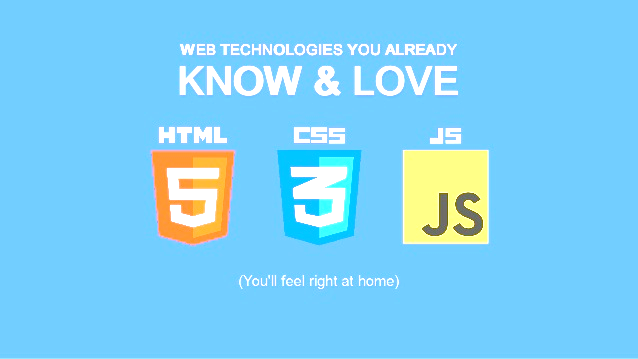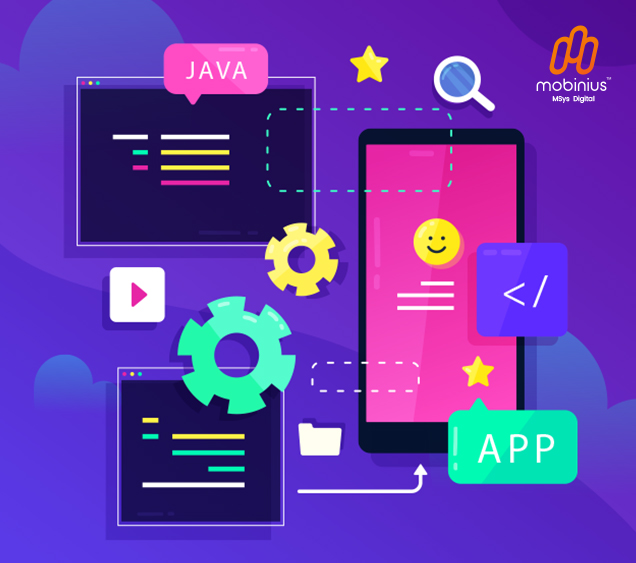Ionic Framework and the benefits to Mobile App Development
Audio : Listen to This Blog.
The app development field is burgeoning. HTML5 is one of the popular choices when it comes to development of native and hybrid apps. This is what inspired the creation of the Ionic framework. The open source license of this framework makes it suitable for open-source as well as closed source commercial apps. Learning the framework and is pretty simple as it is more like a mobile web page that is made to run in an app-like shell.
That being said, have you heard a lot of app developers suggest the use of the Ionic framework for mobile app development?
-
A neat default UI that Developers Love:
For those who have been using JS and CSS, using the Ionic framework makes things better. It carries some of the basic elements from these. Highly customizable too, this framework comes with a decent default UI. Forms, filters, navigation menu, lists, tabs and others are already available. You could add a personal touch to your app by including CSS classes. The flexibility to personalize the app doesn’t come with the least compromise on the user interface. The default UI is clean and easily customizable as a whole.
-
Easy to Build Cross-Platform Applications:
As against the other popular frameworks used in app building this gives the flexibility to efficiently build cross platform apps with ease. If you need complicated, high-end user interfaces that come with a lot of added functionality you can do that as well. With the ability to incorporate iOS and Android like functions. So you would easily be able to develop the same app to be used on the Android and iOS platforms. Rewriting the whole code for each platform is not required and this saves a lot of time and efforts. The snippets of CSS, JS and HTML components which are mobile-optimized could directly be used for the respective platforms. Making the app resemble the native app also takes very little additional tweaks. You could simply use one of the native wrapper like Cordova or PhoneGap and your native-like app is ready to be launched in that platform.
Enterprise solutions can be made so much simpler with the cross-platform support. Without this building an app for each platform would involve writing an all new code in a language that the particular platform accepts. And the next struggle comes in replicating the structure of the app so that the app looks similar in all the platforms. If you choose to do it the easier way and be ready to launch the app simultaneously for various platforms, while also ensuring the uniform looks, Ionic framework is the simplest answer to this. Codes can be built with normal tools and there is simple code base that can be reused.
- <h6″>Because it is Open Source:It is open source and comes with a large community support as well. The apps developed with this framework come with a straightforward structure which is easily comprehensible and thus helps enhance the user experience as well. The incorporation into the Angular JS is another benefit.

-
Built compatible with the popular framework:
A major chunk of the functionality of the Ionic framework is drawn from Angular. Angular is a popular choice for building mobile apps in itself. The potential of Angular is further enlarged and an integrated look is obtained in the form of the Ionic framework. For the next mobile app you are building using Angular, remember that Ionic would make the development much easier. The increase in speed comes with no compromise on the efficiency of the process. Angular is backed strongly by Google. Ionic is highly compatible with Angular and its functionalities.
This combines the benefits of both the popular frameworks and helps create powerful web applications for the mobile. But if you are looking to skip Angular, you still have the CSS portion to make use of. And you get these components free as it is open source. You thus have a robust source for building mobile browser based apps. -
Easier testing of the mobile app:
With Ionic it is not just the development of the app that is made easier but also the testing. It could be tested on a desktop browser. Simulator testing with the use of Cordova commands is also possible as an alternative testing method. This is true for both iOS and Android apps. The other way is testing with the mobile browser or Safari in iOS devices. Remote debugging can also be done. As the final and the most efficient way to test you could simply test the app directly as a native app or hybrid app on the actual platform. This is the costliest among the various options but this gives the actual idea about how the app would run.
To build Ionic apps you could use the Ionic CLI. The powerful CLI makes multi-platform app building and testing easy. You can build powerful hybrid apps with HTML5 and create SDK using Angular. All this eventually comes in handy to create apps that are highly interactive. Set a node and then you are all set to run the ionic app and test it in any of the ways mentioned above. When it comes to the mobile app development HTML5 is something that is here to stay. So with its core drawn from there Ionic will continue to be the popular framework adopted by mobile app developers.



